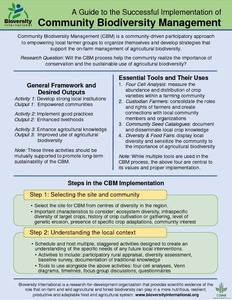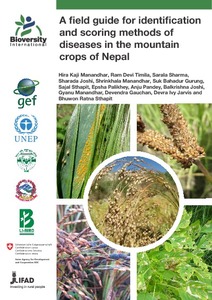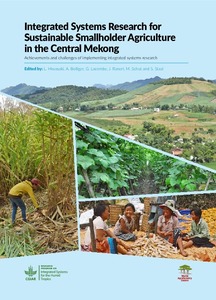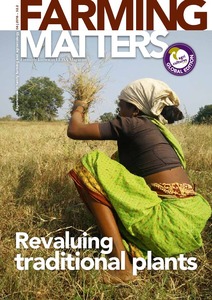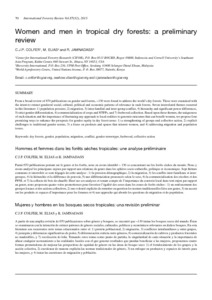Location
Bioversity International is a global research-for-development organization. We have a vision – that agricultural biodiversity nourishes people and sustains the planet.
We deliver scientific evidence, management practices and policy options to use and safeguard agricultural and tree biodiversity to attain sustainable global food and nutrition security.
We work with partners in low-income countries in different regions where agricultural and tree biodiversity can contribute to improved nutrition, resilience, productivity and climate change adaptation.
Members:
Resources
Displaying 76 - 80 of 184A guide to the successful implementation of Community Biodiversity Management
A field guide for identification and scoring methods of diseases in the mountain crops of Nepal
Integrated systems research for sustainable smallholder agriculture in the Central Mekong: Achievements and challenges of implementing integrated systems research
Making millets matter in Madhya Pradesh
A decline in minor millet cultivation rings true across much of India. Yet a country wide revival of this cereal crop is in motion. Farmers are again recognising and asserting the value of minor millets, a cereal crop that was once central to their culture. A group of farmers in Madhya Pradesh have taken strength from farmers in Tamil Nadu who have successfully brought millet back into their fields, their homes and onto plates across their region. This is a story of how learning exchanges and partnerships support amplification of succcessful initiatives.
Women and men in tropical dry forests: a preliminary review
From a broad review of 670 publications on gender and forests, ~130 were found to address the world’s dry forests. These were examined with the intent to extract gendered social, cultural, political and economic patterns of relevance in such forests. Seven interrelated themes recurred in this literature: 1) population pressure, 2) migration, 3) intra-familial and inter-group conflict, 4) hierarchy and significant power differences, 5) strict gender differentiation, 6) commercialization of crops and NTFPs, and 7) fuelwood collection.


